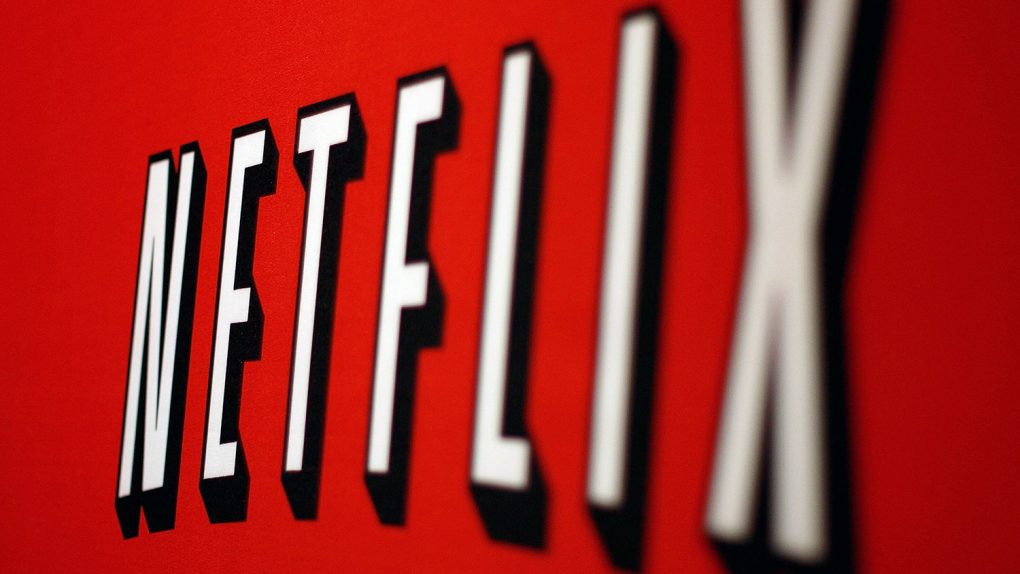Netflix sparked a bit of an outcry last week when the streaming giant cancelled One Day at a Time, a Netflix original family comedy inspired by the old Norman Lear series of the same name.
The cancellation led Netflix to issue a rare explanation on social media, which this Facebook post from the company noting: “The choice did not come easily — we spent several weeks trying to find a way to make another season work but in the end simply not enough people watched to justify another season.” Which was no doubt still unsatisfactory to the show’s fans, and made many of them wonder if the show could be resurrected somewhere else.
Answer: Probably not. The reason has to do with some of the behind-the-scenes details surrounding your favorite shows on Netflix and the circumstances that surround their cancellation. For years, the streamer has kept a tight lid on details like these, but read on for some newly reported insight into what happens when the streaming giant decides to pull the plug on a show — and how Netflix arrives at that decision in the first place.
Thanks to a new Deadline report, it seems that Netflix thinks the sweet spot for most series is two to three seasons. Anything beyond that, and it gets increasingly harder to justify the series’ continued existence financially compared to the premium Netflix puts on needing to keep investing in a pile of new series. Because it’s that constant influx of new content, compared to the longevity of beloved shows, that seems to tip the needle in terms of getting most people to sign up for the service in the first place.
Said another way — you may feel bad when a Netflix series you really like finally gets the axe. But the way the bean counters at Netflix see it, you’re less likely to ditch the service when that happens thanks to the FOMO related to all the new content that keeps rolling in.
That’s according to Deadline’s report, which also notes that Netflix seems to especially love seasons with 10 episodes or less. Anything beyond that, the publication reports, and Netflix feels that the extra episodes add negligible value and are “an unnecessary expense for the network.” It’s details like these that add more texture to what already was seen as a high-stakes balancing act at Netflix, in terms of how to decide what to invest in in the first place — and how long to let that content continue on the service.
Related to the wholesale cancellation of Marvel shows on Netflix, for example, Deadline reports that the streamer had floated the suggestion to Marvel of cutting them down to 10-episode seasons at least once before, to no avail.
“At the core of their business is churn,” one observer told the news outlet. Having an inaugural series of a show that has, say, around 20 episodes is great for discoverability and gives new subscribers something to sink their teeth into. But that’s only ideal for the first season. Doing that same thing, at that same quantity, over multiple seasons apparently produces diminishing returns in Netflix’s eyes.
“It’s a combination of things, when we’re investing — we decide how much to invest based on the audience that will show up,” Netflix executive Cindy Holland said during the INTV conference in Israel in recent days. “If the audience doesn’t show up, we think about the reason to continue to invest in something that doesn’t do as well as we had hope. Obviously critical acclaim is important too, but we’re really about trying to stretch our investment dollars as far as we can and make good on our investors’ money — it’s theirs, not ours.”








